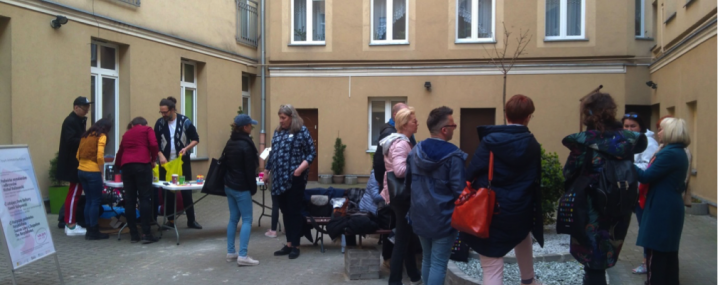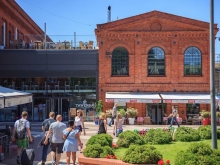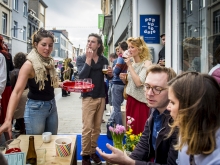Spain
Spain is a quite decentralised country, with 17 autonomous regions and 2 autonomous cities with an important economic, social, geographic and cultural diversity.
In terms of GDP Spain occupies the 14th position in the world.
The sectorial distribution of its economy in terms of employment in 2012 was as follows: services 75% (12% in the tourism sector), industry 14%, construction 7.4% and 4.6% agriculture and fishing.
Close to 12% of the inhabitants are immigrants.
Its population is concentrated on the peninsula’s periphery, especially around its biggest cities: Barcelona, Valencia, Seville and Bilbao, and in its centre, in Madrid.
Unemployment is nowadays (2014) its biggest problem, the biggest concern for the government and the whole society, with high rates of unemployment (about 24%). In both urban and rural areas, especially among young (more than 56%)—and usually well-educated and skilled—people. More efforts are needed for the creation of jobs and the development of local capacity. Social innovation and creative industries are on focus as a way to regenerate the economy and reposition the country in the European and global markets. The struggle against unemployment and therefore job creation is top priority today and in the coming years.
The whole country is experiencing a difficult transition after the serious crisis of the construction sector. Changing towards a more sustainable development model has proven to be crucial. Using the great citizen potential, the pending issues will be addressed from the political level and engaging all the stakeholders.
After several years of severe recession, Spain has emerged from recession in 2014, its growth rate is nowadays one of the highest in the European Union, and the country has returned to the path of economic, social and environmental development.
URBACT partners in Spain have been addressing unemployment, job creation and housing issues, in the previous and current programming period, together with other topics underlined bellow.
In 2014, a total of 23 Spanish cities are involved in underway URBACT projects, 3 of them are the lead partners: Igualada, Barcelona and Burgos. The remaining 19 city partners are involved in 19 Networks. In 4 Networks there are 2 Spanish cities.
The fields, drivers for growth and employment, in which our Spanish cities are involved, are as follows: health innovation; city brand management; financial instruments; railway hubs/multimodal interfaces; youth and poor unemployment; self-employment for young people; early school leaving; deprived urban areas; low-carbon and resource-efficient urban food systems; the potential of local markets; opportunities for people and business; the role of public spaces; the industrial ecological footprints of European cities; footprints of European cities, demand-led workforce development; Roma population; to create an ecologically sustainable development; city strategy on gastronomy; citizens and business work together and transform urban places.
SOME RELATED NETWORKS
Roma-NeT II
BOOSTINNO
EGTC
National URBACT Points
Article
Urban Heritage within URBACT projects
Article
High tech Aveiro’s new Citizen Card makes life easier
Article
Digital Transition in cities – how can it benefit citizens?
Article
Five ways to promote an integrated approach in your city
Article







